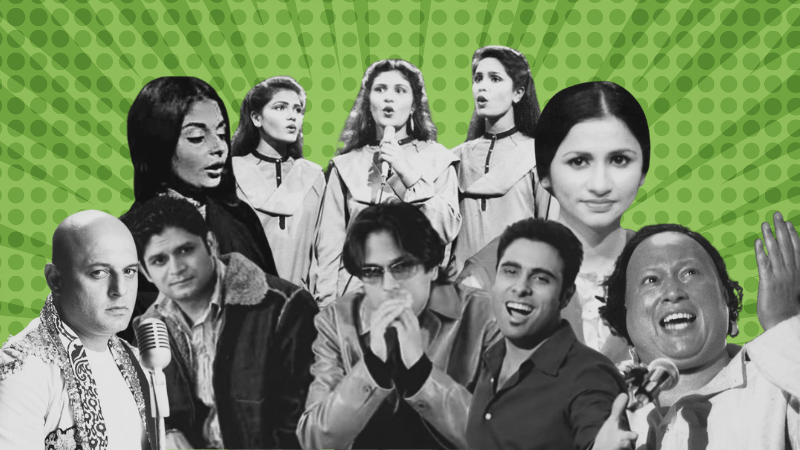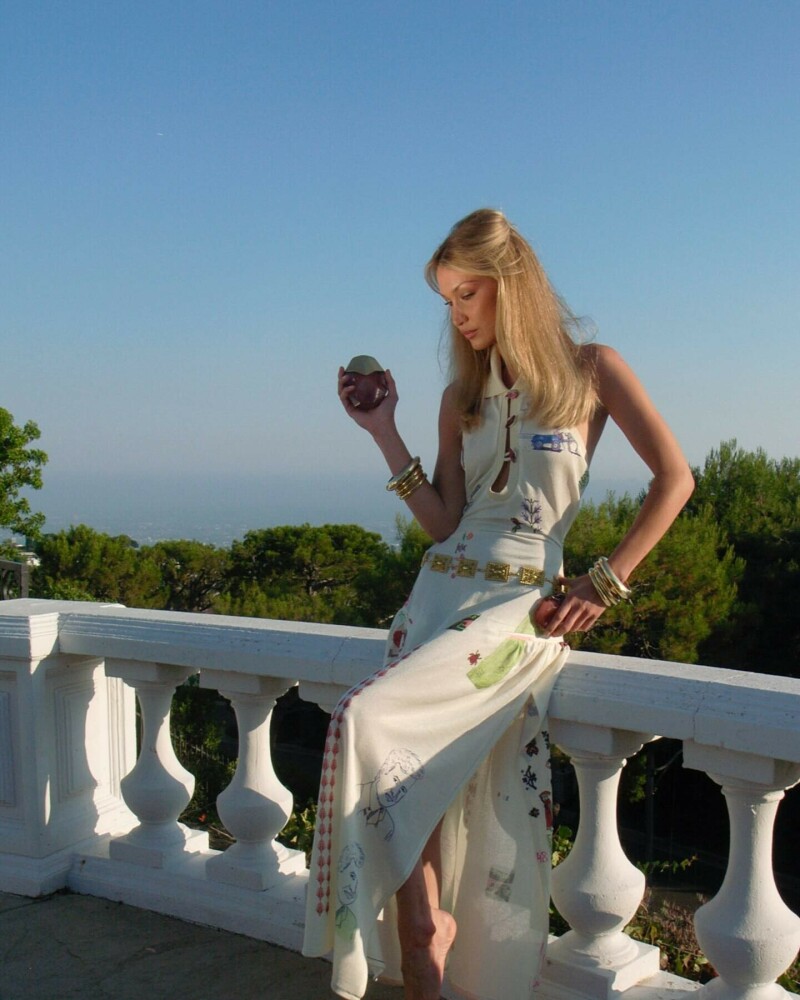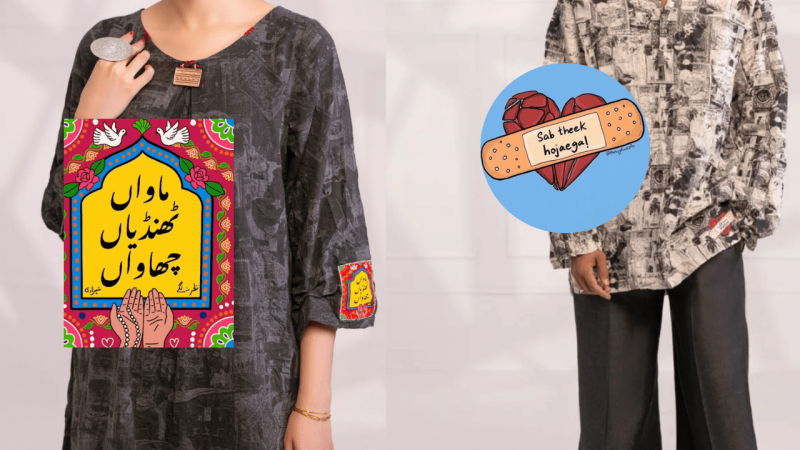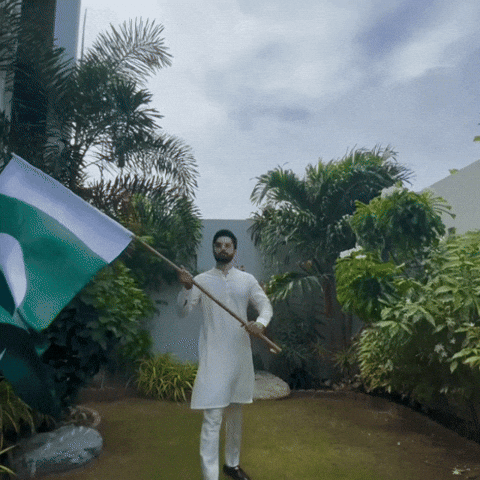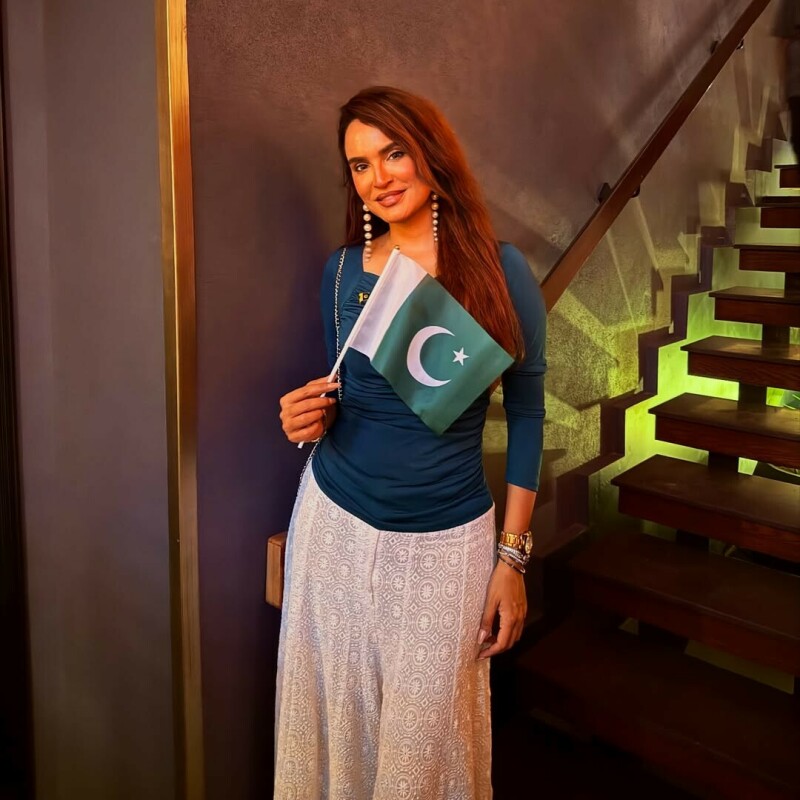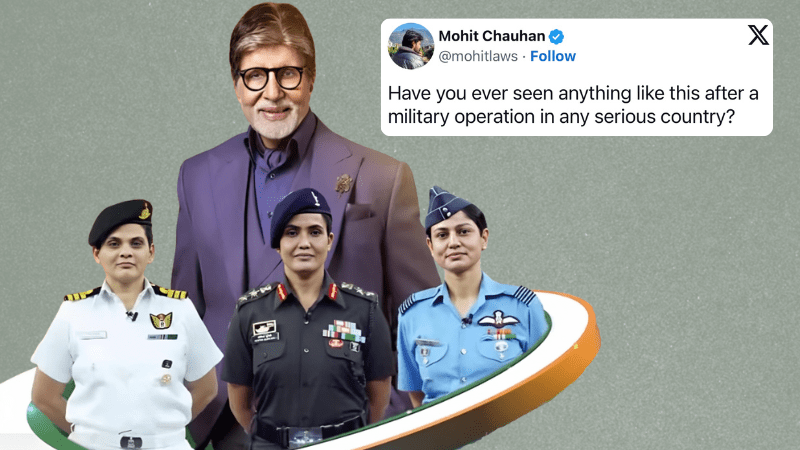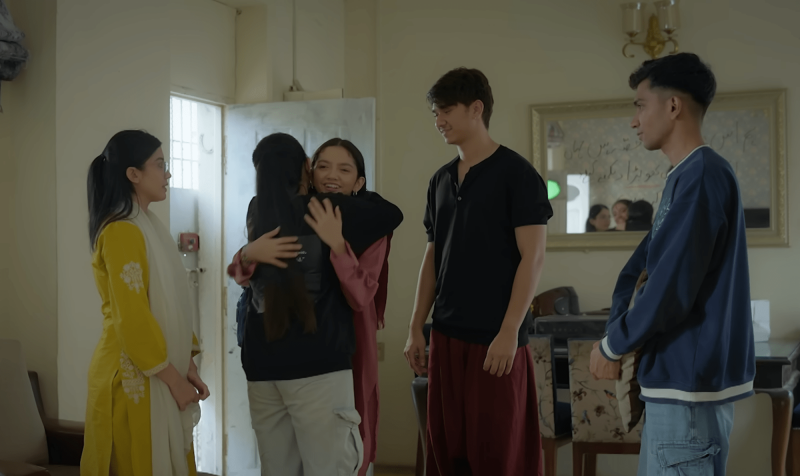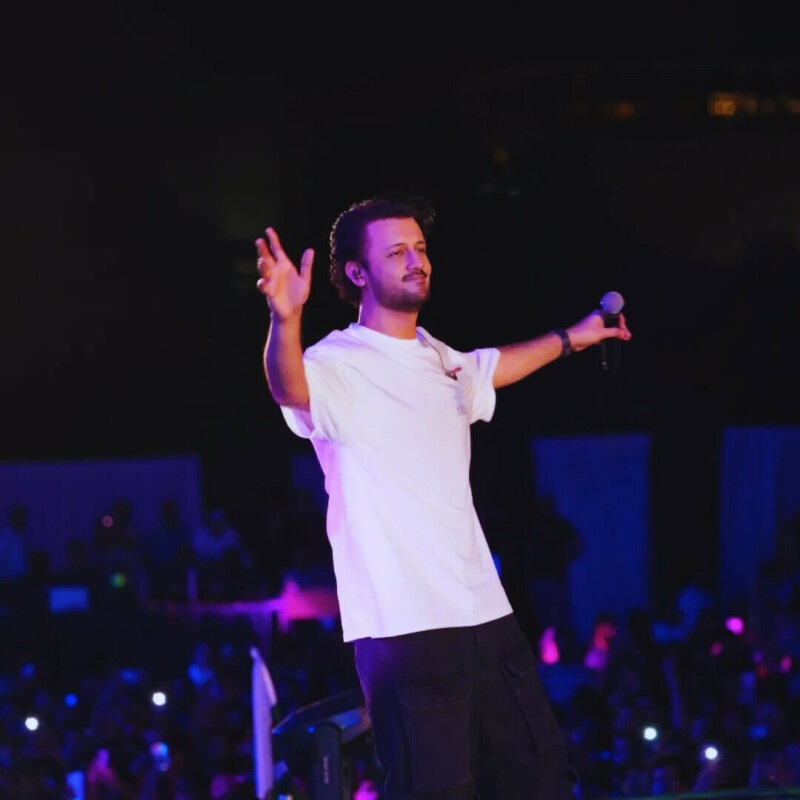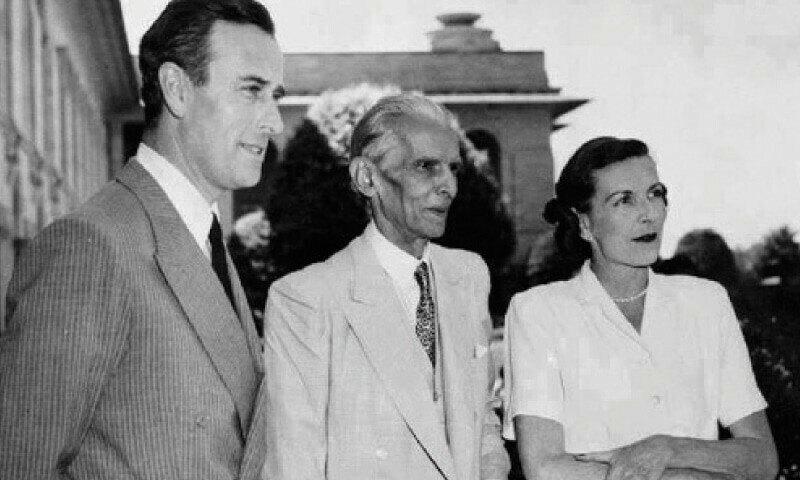Theatre: 'Baraf Paani' yearns for a simpler, more peaceful Karachi
Baraf Paani — A Karachi Love Story offers a simple yet pleasing glimpse of Karachi life. Written and directed by Hamza Bangash and produced by Zoha Shakir, the play was the highlight of the ‘I Am Karachi’ Festival 2014.
Based on the story of two childhood chums, Hussain (Hadi bin Arshad) and Suhani (Amtul Baweja), Baraf Paani follows these two central characters as they face up to everyday challenges: from making difficult career choices to finding a perfect partner.
 |
| Baraf Paani glows with dotted lights. — Photo by Zoya Anwer |
Why Baraf Paani?
Living in the age of technology where every third child can be seen holding a smartphone, people often wonder aloud why kids don't play outside anymore, especially since earlier generations grew up playing games like 'Baraf Paani' and Chupan Chupai.
Nostalgia is evident in the play: the reason Bangash chose to title his play Baraf Paani is because he often wishes life were a game of freeze tag. For instance, whenever we are stuck in a problem, we have our parents or mentors to pull us out of it, just like a touch and a cry of ‘paani’ frees one from the binds of 'baraf' in the game.
Similarly, Hussain and Suhani were gleeful kids in their childhood and had someone to buck them up when their spirits are down, but later, an unexpected tragedy snatched their spark and foisted the struggles of adulthood upon them.
The kahani of Hussain and Suhani:
The play started off with an energetic Suhani and mild-mannered Hussain as backpack-wearing kids and opened up with the line “Main Karachi me paida hui.”
By setting the mood of the play with songs like ‘Aap Jesa Koi’ and ‘Aitebaar’, the director made it clear that the play is not based in today’s Karachi. The play opened with Hasan Jahangir’s 'Hawa Hawa', which had the audience (most of which looked like they grew up during the late '80s and early '90s) bobbing their heads as they drifted to the past. With references to Inzamam and the rivalry with the Indian cricket team, the show seemed apt as cricket has returned to Pakistan with a bang.
Defying gender expectations, Suhani wanted to be a cricketer while Hussain despised playing the sport. The two were good friends, even though Suhani’s father routinely censured her for playing with boys.
 |
| Suhani teaches Hussain how to hit a sixer. — Photo by Zoya Anwer |
There came a point in the story when Suhani's mother and Hussain's father were killed in a blast, and both kids were compelled to surrender their dreams for the needs of their families. Sadly, Suhani, who used to be lively, was left to lead an uninteresting life, doing trivial errands at home and warding off advice to wed, while Hussain was forced to take on responsibilities for his family. The two now only had memories to cherish.
 |
| A sombre Hussain takes up the responsbility of life as a silent, frozen Suhani stands behind. — Photo by Zoya Anwer |
It was a poignant moment in the play when Hussain says: “Yaadien jam chuki hai, baraf paani ki taarah”.
Does Karachi need Baraf Paani?
A city where dwellers live by the line ‘always expect the unexpected’, Baraf Paani is a breath of fresh air. It doesn’t show a picture starkly different from the reality; rather, it subtly portrays the bitterness engulfing Karachi.
 |
| The too-good-to-be-true rishta setup. — Photo by Zoya Anwer |
It couldn’t get any more relatable when both lose their loved ones in a bomb blast, highlighting the wave of terror that has clasped the city and keeps tightening its grip.
The heaviness in the drama can be felt in later scenes as the lead characters, now aged 24, grapple with society's expectations. Addressing the freedom to marry with lines like ‘umar nikle jarahi hai’ and ‘do teen rishte tumhari taraf bhi bhejon’, the audience clapped as men and women both could empathise with the situation.
 |
| Because Fawad Khan epitomises perfection for girls? — Photo by Zoya Anwer |
Ultimately, luck brought the two friends together again. Meeting via the typical rishta setup, both fell head over heels for each other.
 |
| At 16, Hussain and Suhani stumble on cigarettes and cosmetics. — Photo by Zoya Anwer |
Two characters, four blocks and some lights:
Baraf Paani's set was quite minimalist, and Amtul explains:
“There were only two characters who propelled the play, and fluidity was such that if I would be performing, Hadi could move the blocks showing that less is more; we were able to shape the setting by separating the boxes or piling them on each other.”
 |
| A setting based on just four artistic blocks. — Photo by Zoya Anwer |
Hadi, whose energy was laudable, said his favourite line from the play was: "Zindagi baraaf ki tarah jam gae hai ,ab koi paani kehne wala nahin."
The director, Bangash, who hails from Canada and has had his short film Badal showcased in Cannes, admitted that although the play was performed in Urdu, it was originally written in English:
 |
| The director, Hamza Bangash— Photo by Zoya Anwer |
“I realised that English is a divisive language in Pakistan and people judge you because of language and accent. Urdu doesn’t have that bias and I did not want that to keep people away from Baraf Paani. I wanted it to be inclusive.”
It took two months for its translation, which was done by Humaira Amanullah.
The plays ends on 31 May.


